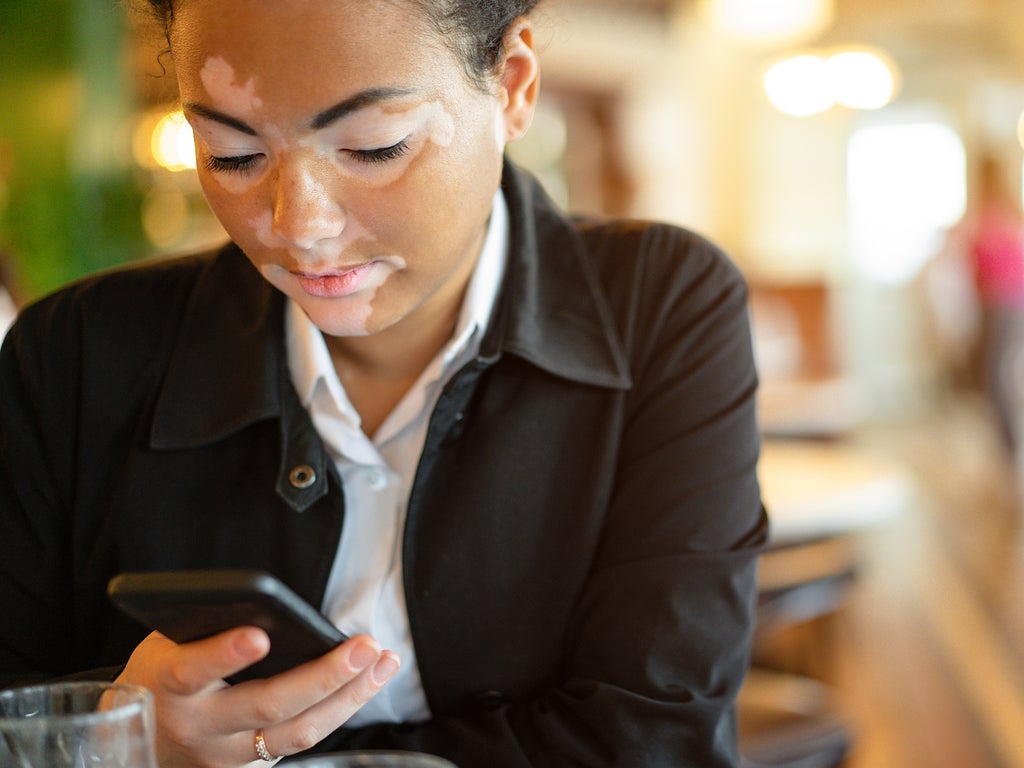
A charity that advocates for people with facial marks, scars or conditions is launching a campaign to highlight the mental health impact of being stared at while out in public.
Changing Faces carried out a survey that suggested people with visible differences on their face or elsewhere have experienced an increase in hostile behaviour when going out in public over the past few years.
The campaign urges people not to stare at anyone with facial or other differences because of how it impacts them.
Staring has a negative impact on the mental health and wellbeing of people with a visible difference, the charity said.
Half of more than 1,000 people surveyed with a mark, scar or condition that makes them look different said they have felt self-conscious or embarrassed as a result of their visible difference.
Changing Faces’ report found that when those with a visible difference do venture out, almost a third said they get stared at.
The campaign, which is being launched during Face Equality Week from 16 to 20 May, aims to educate the public about why staring is problematic behaviour.
According to the charity, nearly one in five people in the UK identified as having a visible difference in 2019.
The 2019 research, carried out by ComRes on 1,037 people, found that most hostile behaviours come from strangers, with six in 10 (58 per cent) of respondents saying they have experienced hostile behaviour from someone they do not know.
Heather Blake, chief executive of Changing Faces, said: “We had hoped the shared experience of the Covid-19 pandemic might promote a more understanding society, but for those with a visible difference or disfigurement, there’s actually been a marked increase in being on the receiving end of stares, comments and abuse when they go out in public.
“With limited opportunities to socialise, people shielding and visible differences being obscured by masks and face coverings, perhaps seeing a diverse range of faces and body types hasn’t been as commonplace in the past two years.
“There’s no excuse – it’s simply not acceptable that people are experiencing negative behaviours, abuse and discrimination because of how they look.”
The charity’s ambassador, 28-year-old Atholl Mills, who was born with cystic hygroma and has facial palsy, said: “For me, stares are just as bad as abusive comments. When you’re on the receiving end of a stare, it can make you feel incredibly anxious.
“Is this going to escalate to verbal or physical abuse because of the way I look?” he continued.
“I’m left wondering what the person is thinking when they’re looking at me. That stare, that you might not ever think of again, could be played over and over in my mind – hours, days, even months later.”







